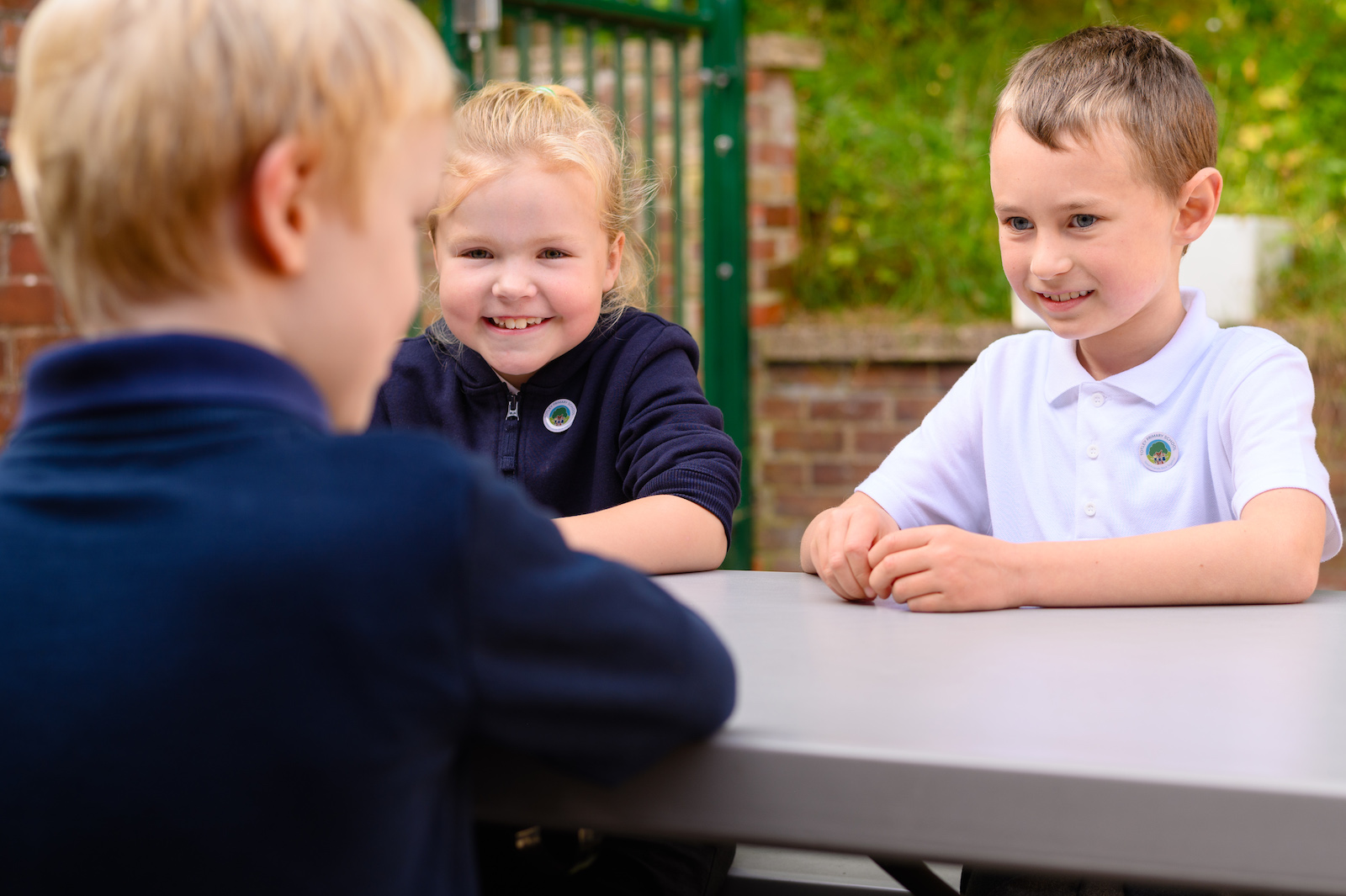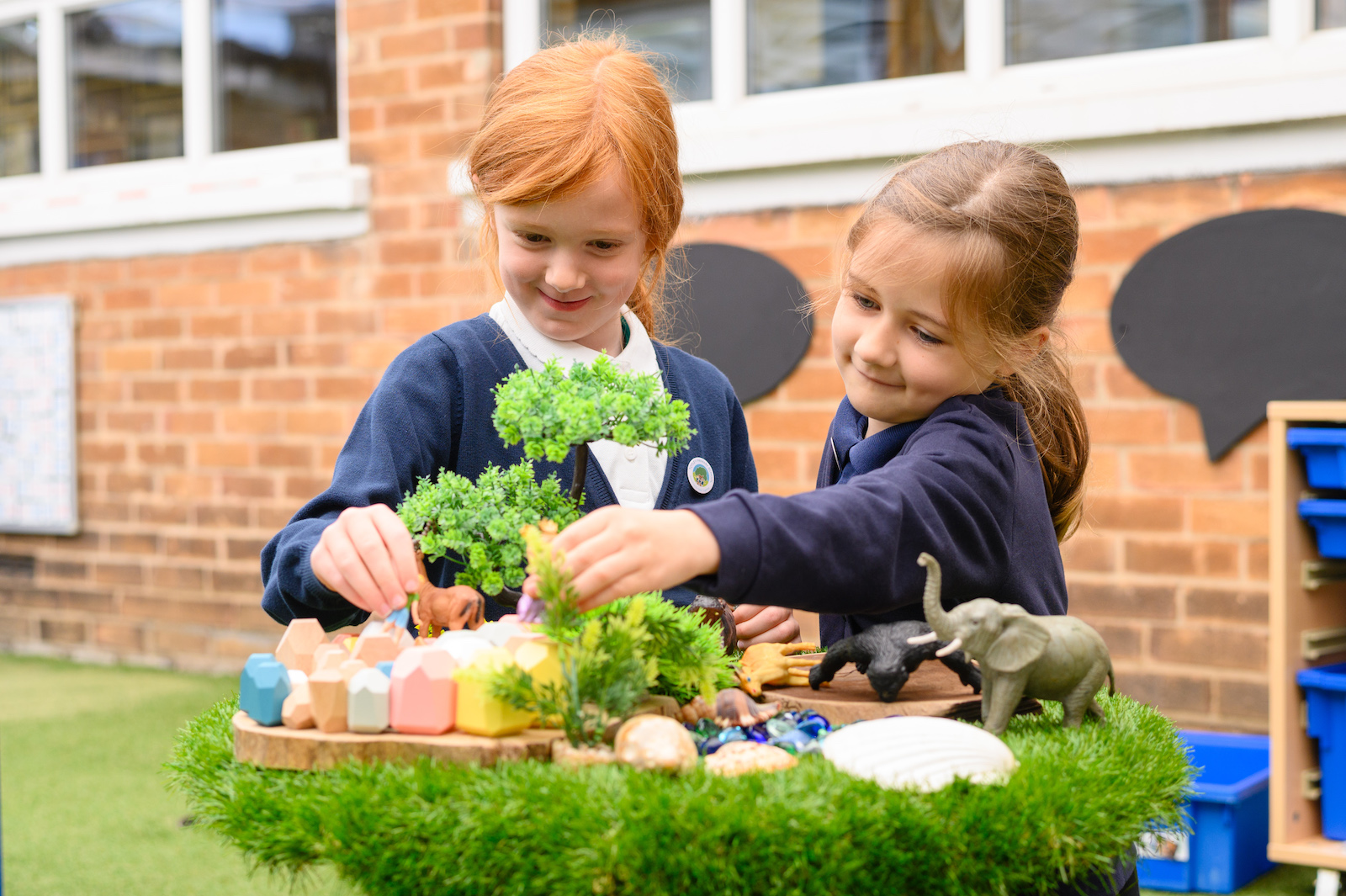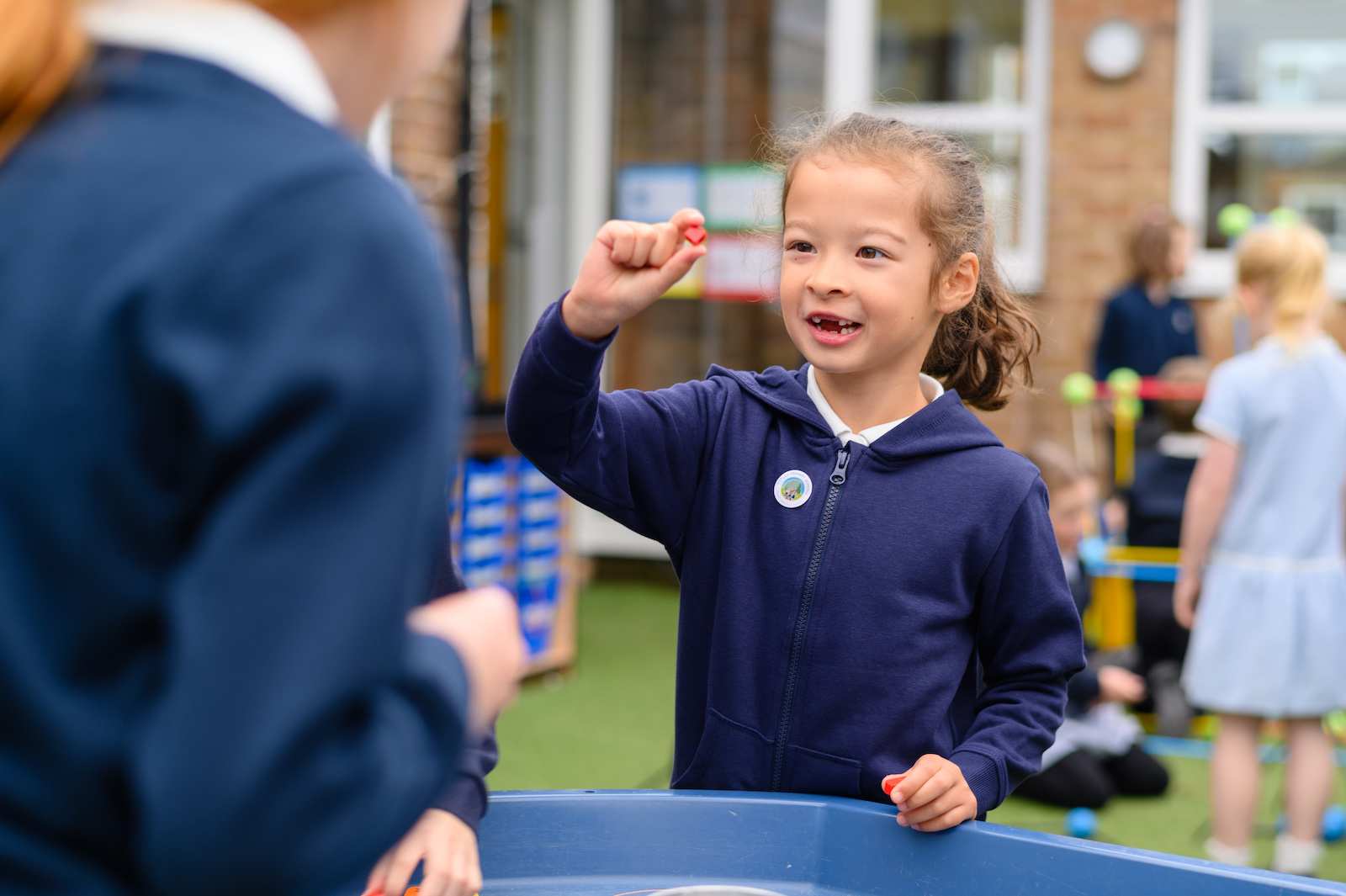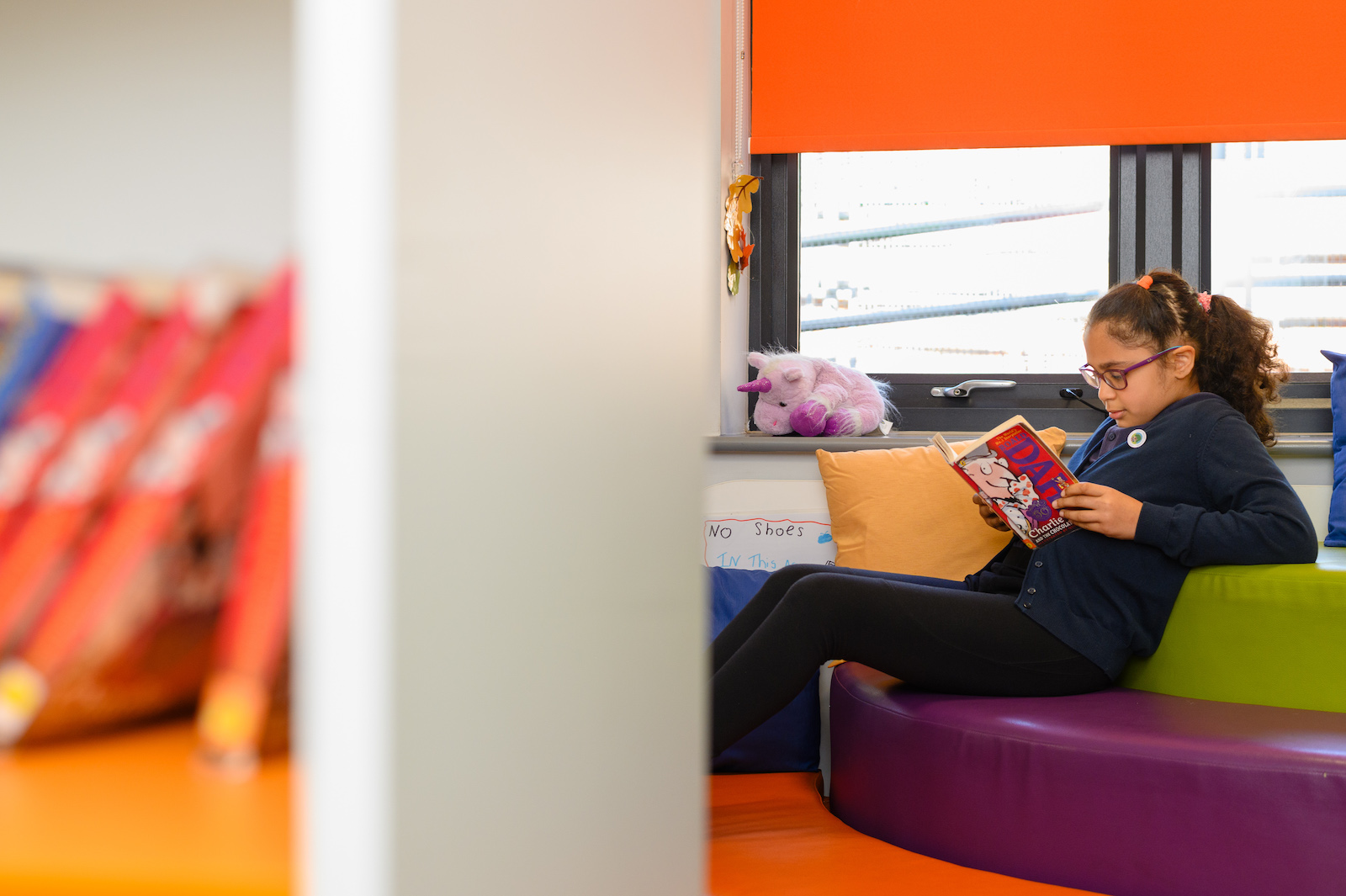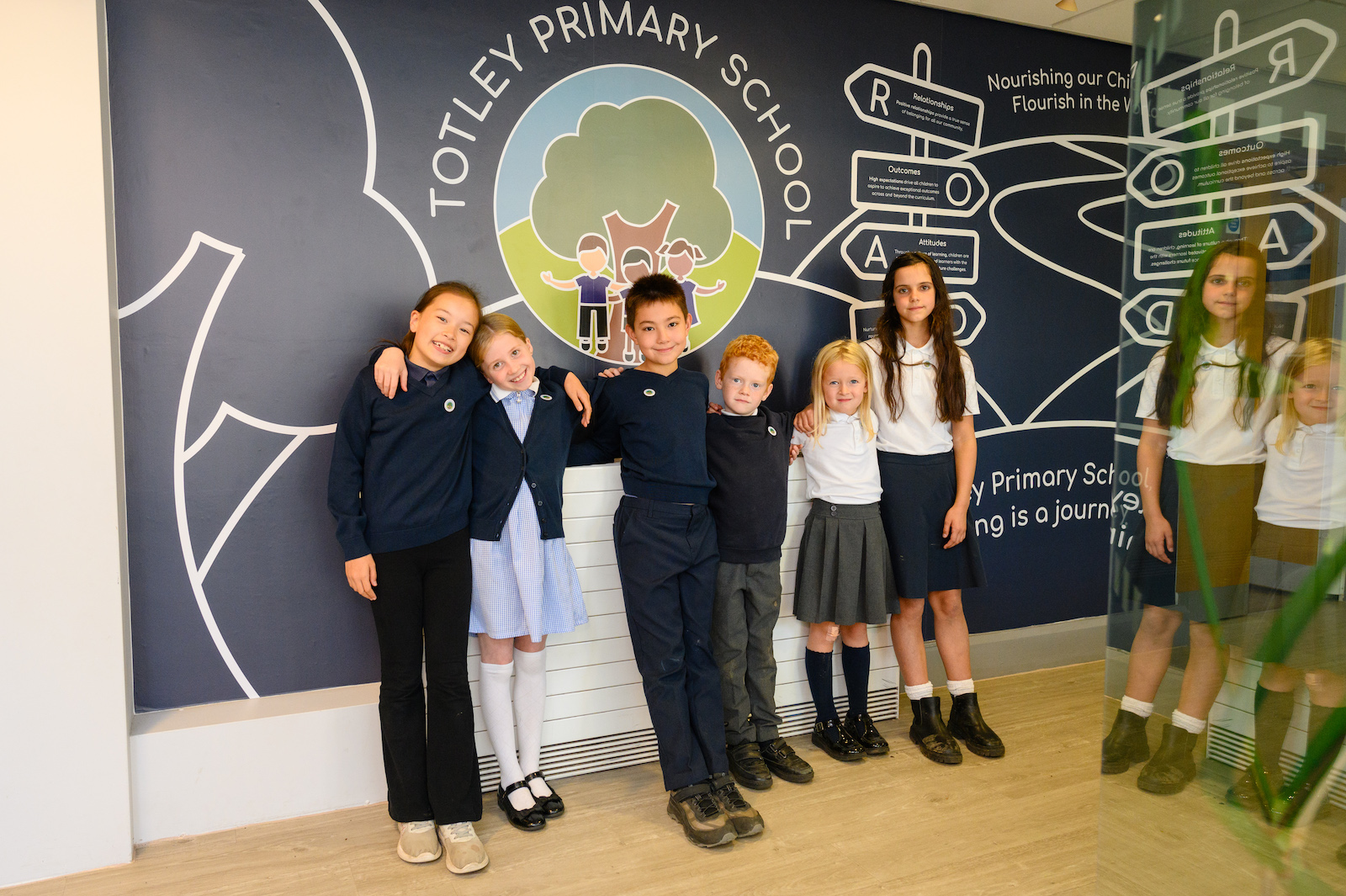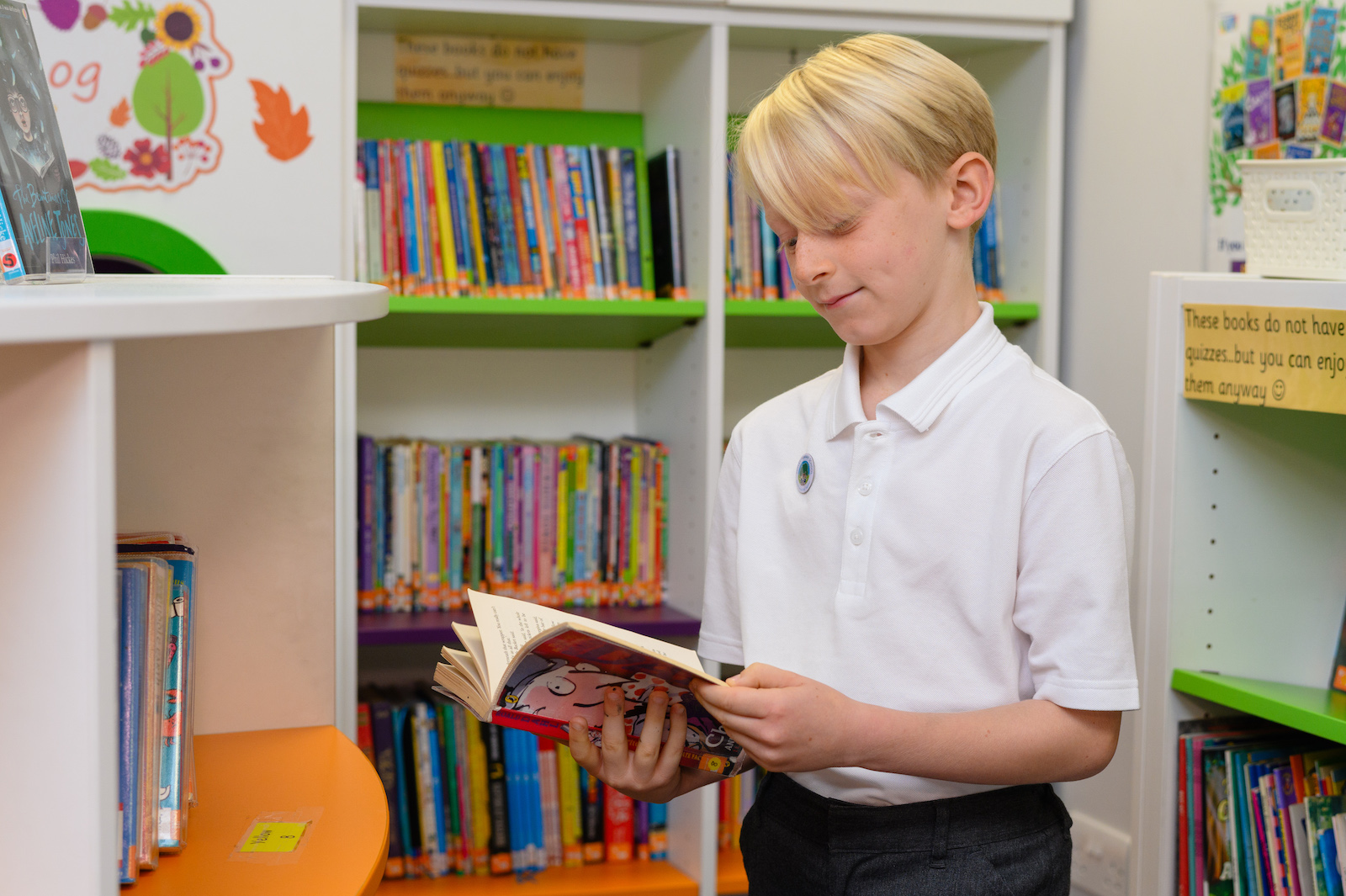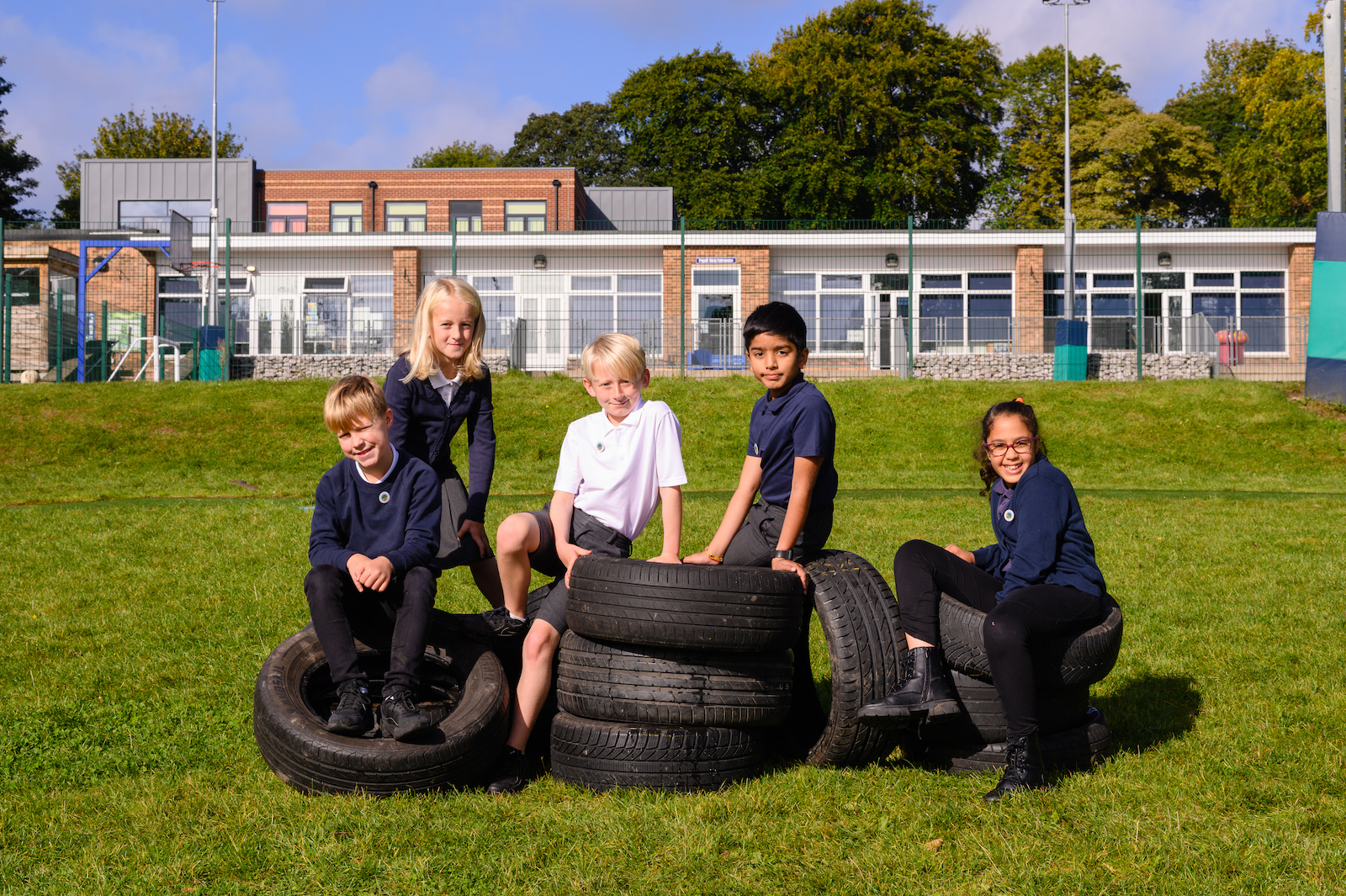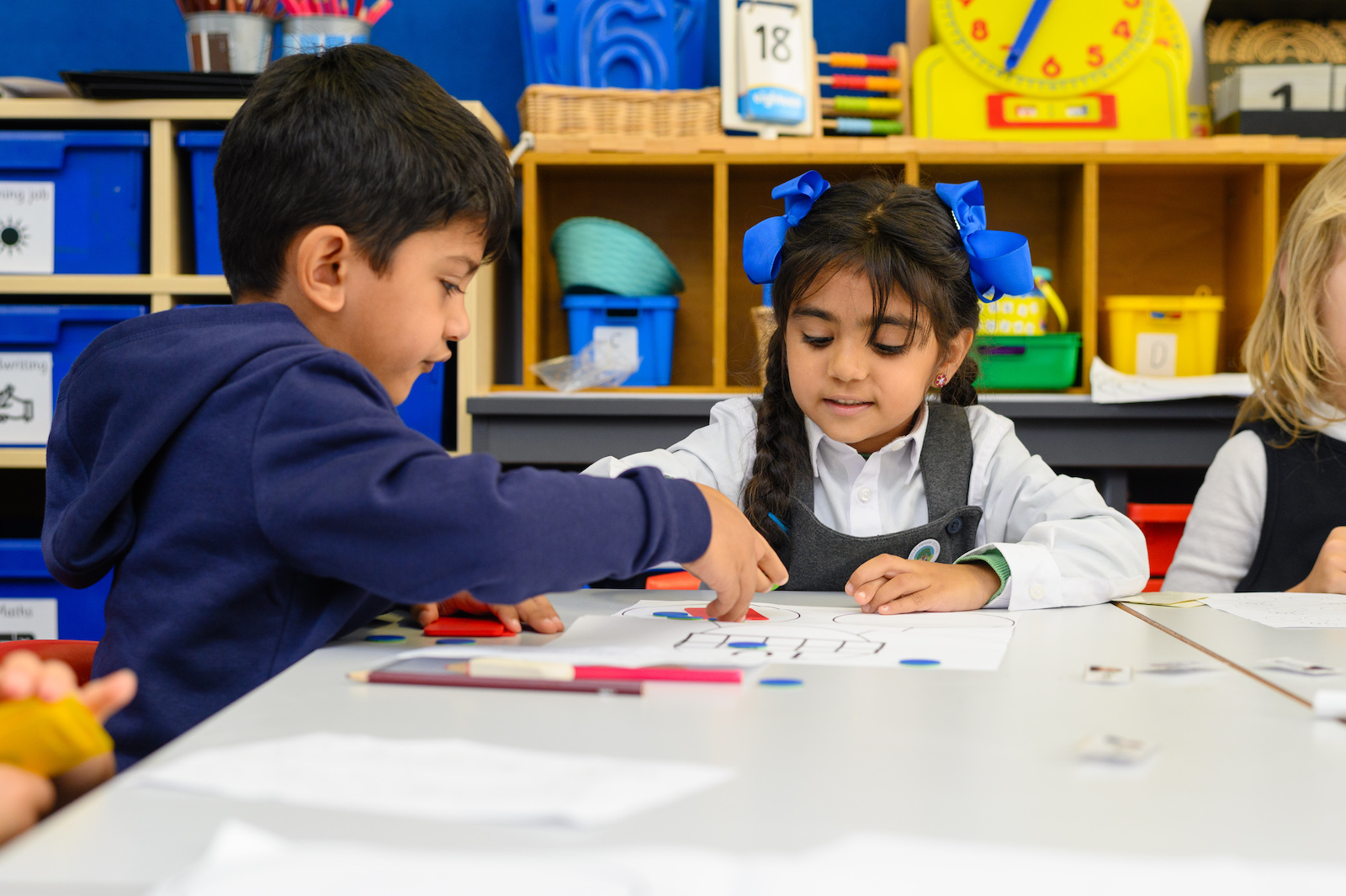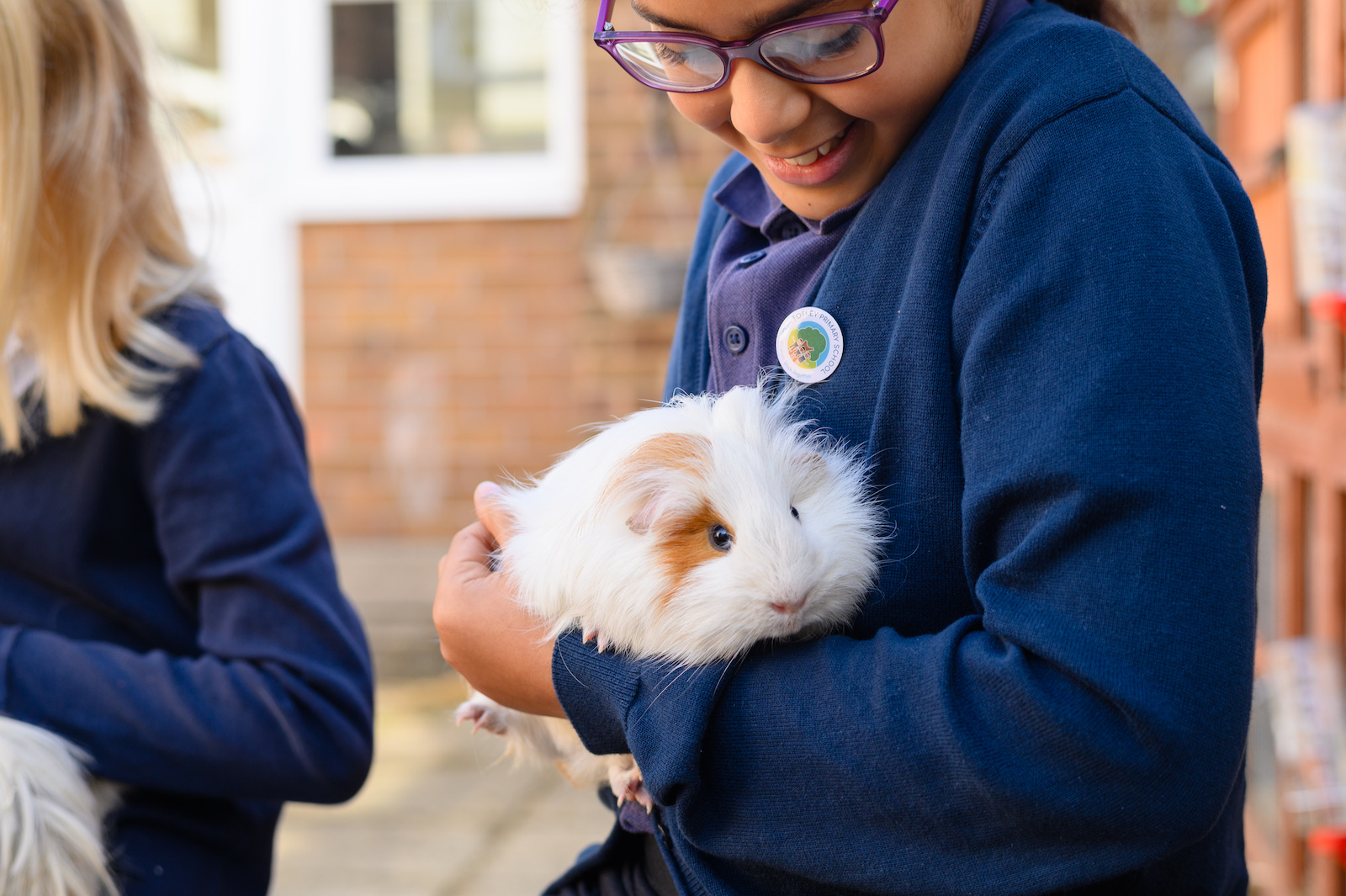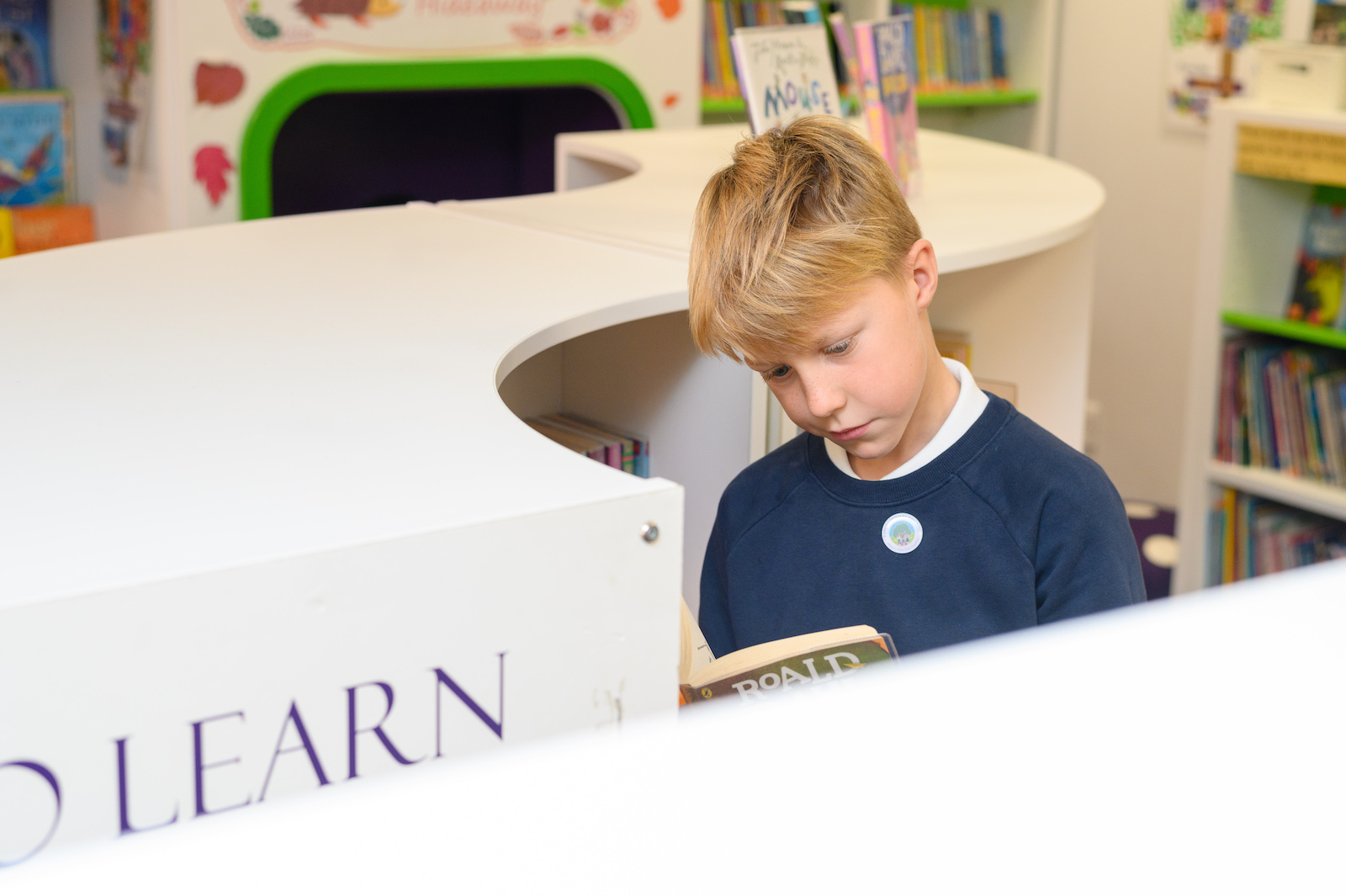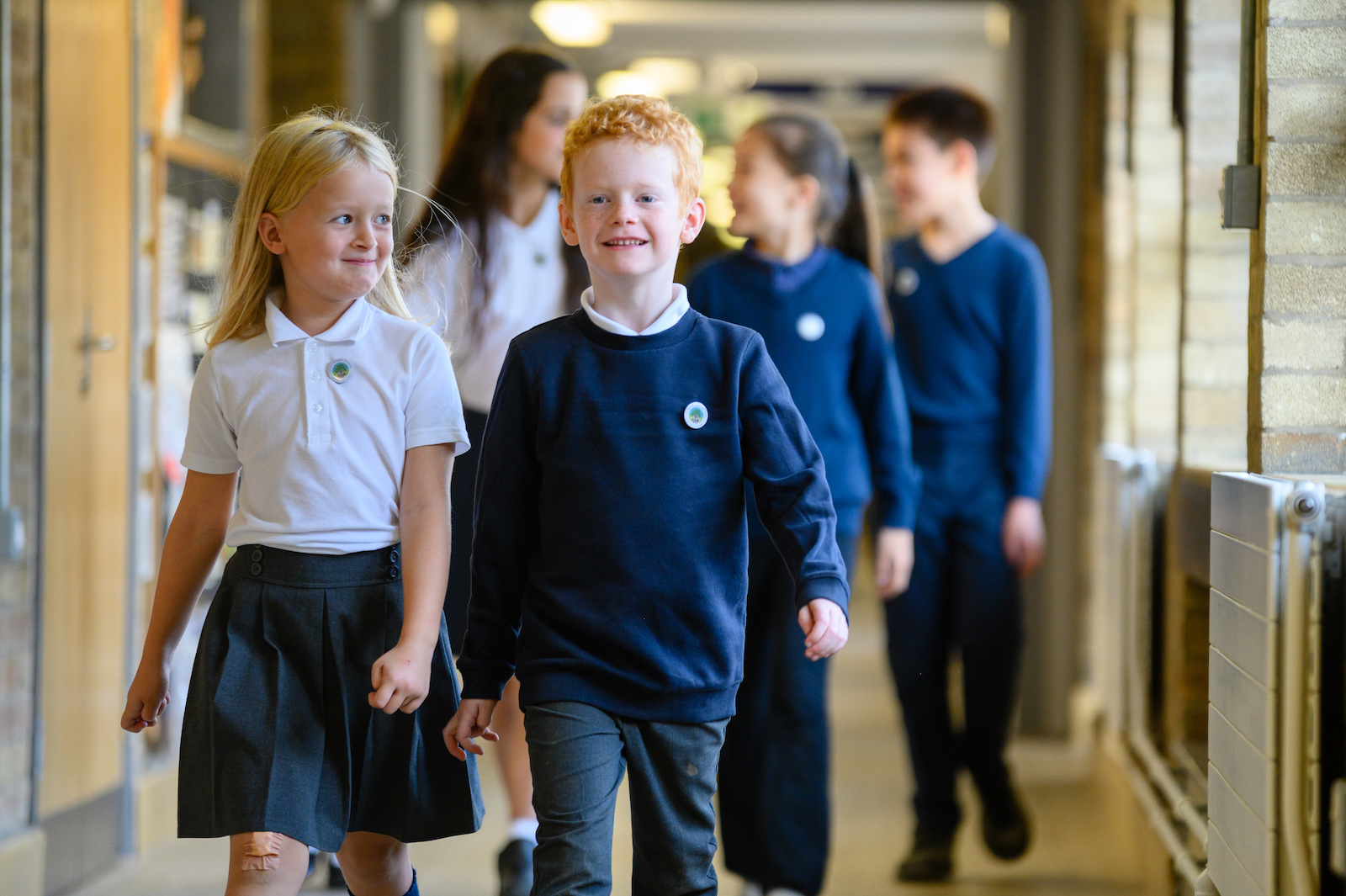Early Years Foundation Stage
Strategic Intent
To develop a curriculum which:
- Instils a lifelong love of learning in our youngest children, encouraging a positive attitude and disposition to learn.
- Allows every child to be a writer, reader, mathematician, artist, builder, musician, linguist, actor, dancer, athlete and a good friend.
- Teaches a knowledge of the world and enables pupils to be independent, resilient and creative thinkers that are prepared for the demands of the National Curriculum.
- Supports and extends knowledge, practical skills, understanding and confidence, and helps pupils to overcome any disadvantage.
- Is sequenced deliberately for progression and places an equal value on all curriculum areas.
- Values creative and immersive learning opportunities that are deeply rooted in a foundation of knowledge.
- Gives children opportunities and experiences to grow their cultural and social capital.
Implementation
Content and Sequence
- The curriculum promotes self-confidence and a positive attitude to learning in all children, whatever their gender, ethnicity, home language, special educational needs, disability or ability.
- Well-planned, purposeful activities and appropriate interventions by practitioners will engage children in their learning and help them make progress in all areas of the framework. Experiences build on what children already know and can do.
- There are opportunities for children to engage in activities planned by adults and also those that they plan or initiate themselves. Children do not make a distinction between ‘play’ and ‘work’ and neither should practitioners. Children need time to become engrossed, work in depth and complete activities.
- Practitioners observe and respond appropriately to children, informed by a knowledge of how children develop and learn. There is a clear understanding of possible next steps in their development and learning.
- For children to have rich experiences whilst in the Foundation Stage, the environment and provision that is available is carefully planned and resourced to support children’s knowledge and understanding. It allows children to explore, plan, experiment, and make their own decisions about their learning, thus creating independent learners who are ‘Year One ready’.
- All adults working in the Foundation Stage Unit ensure that all children feel included, secure and valued. Positive relationships are built with parents from the beginning in order to work effectively with them and their children. There is an atmosphere of mutual respect within which children can have security and confidence.
- Provision should cater for the different starting points from which children develop their learning, building on what they can already do. There should be relevant and appropriate content that matches the different levels of needs.
- The children’s learning journey is sequential and driven by a theme. Teaching and learning should be planned and purposeful, providing opportunities for both indoor and outdoor play within the theme. All areas of the framework are considered, and all children are given opportunities to move their learning on in all 17 areas of the framework.
Teaching and Learning, Assessment and Feedback
- Long-term planning is deliberately spaced and interleaved for revision and over-learning of the content.
- The curriculum is carefully structured, with well-planned activities and appropriate intervention. This is demonstrated through practitioners spending the majority of their time working directly with children help to develop and extend children’s vocabulary and language.
- Teaching is tailored to suit the different ways children learn by planning for learning objectives in a range of different ways. Pupils are given the opportunity to work with an adult, acquiring new skills and refining them.
- Provocations and challenges are placed in the provision that allow children to embed and retrieve knowledge. Adults will then work in the provision to extend and deepen the children’s knowledge and understanding through precise questioning that doesn’t lead children to the answer but allows them to find their own way, whilst still identifying and resolving any misconceptions.
- Adults working in Foundation Stage will make systematic observations and assessments of each child’s achievements, interests and learning styles. This will be through snapshot observations, recording what children are saying, taking photographs or videos and recording longer ‘Characteristics of Effective Learning’ observations.
- Practitioners will use these observations and assessments to identify learning priorities and plan relevant and motivating learning experiences for each child and will match their observations to the expectations of the early learning goals to determine where children are working at.
- Feedback is given on children’s learning in line with our feedback policy. Formative assessment within every lesson helps teachers to identify the children who need more support to achieve the intended outcome, and who are ready for greater stretch and challenge through planned questioning or additional activities.
- As the year progresses, children are given immediate feedback in line with our feedback policy, including Yippee Yellow and Green Pen Work to check, consolidate or challenge, preparing them for the expectations of Year One.
Impact
- No ceiling is placed on any learner: focus groups are flexible and adapted according to emerging learning needs and the level of support that is needed to enable all children to access the right curriculum content for their learning.
- There is an emerging improvement and impact in staff’s expectations of our youngest learners and a developing understanding of the EYFS Framework. Adults are much more aware of the impact they are having on children’s learning through their own questioning and understanding of the requirements of the framework.
- Year One teachers noticed a huge difference in the children entering Year One this year, as opposed to previous years. Children were more independent learners and Year One ready. Children are more able and prepared to tackle the raised expectations of the Year One curriculum. Children are aware of the school's expectations on them and are more settled socially, emotionally and physically.
- Children entering school in the 2018/19 cohort began this school year very confident and settled in to the school environment. This was due to the provision being ready to take them on and staff's raised expectations of our youngest children. Inductions were carefully planned and executed so that all children felt safe, secure and ready to learn.
- All staff in the EYFS are placing greater emphasis on having positive attitudes to learning and are becoming more aware of the impact this has on outcomes. Children are able to talk eloquently about what it means to be independent and can explain how they have worked hard to achieve something they are proud of.
- Nearly all children leave the EYFS having achieved at least the expected standard and as confident and enthusiastic learners, ready to take on the next stage in their education. Many reach Exceeding ELG within the standard.
- Most SEND children make at least expected progress and reach their attainment targets.
The early years curriculum is detailed in the attachment below.
The provision plan indicated the activities, stories, songs, tasks and opportunities for children to develop their understanding of the components of the curriculum document.

